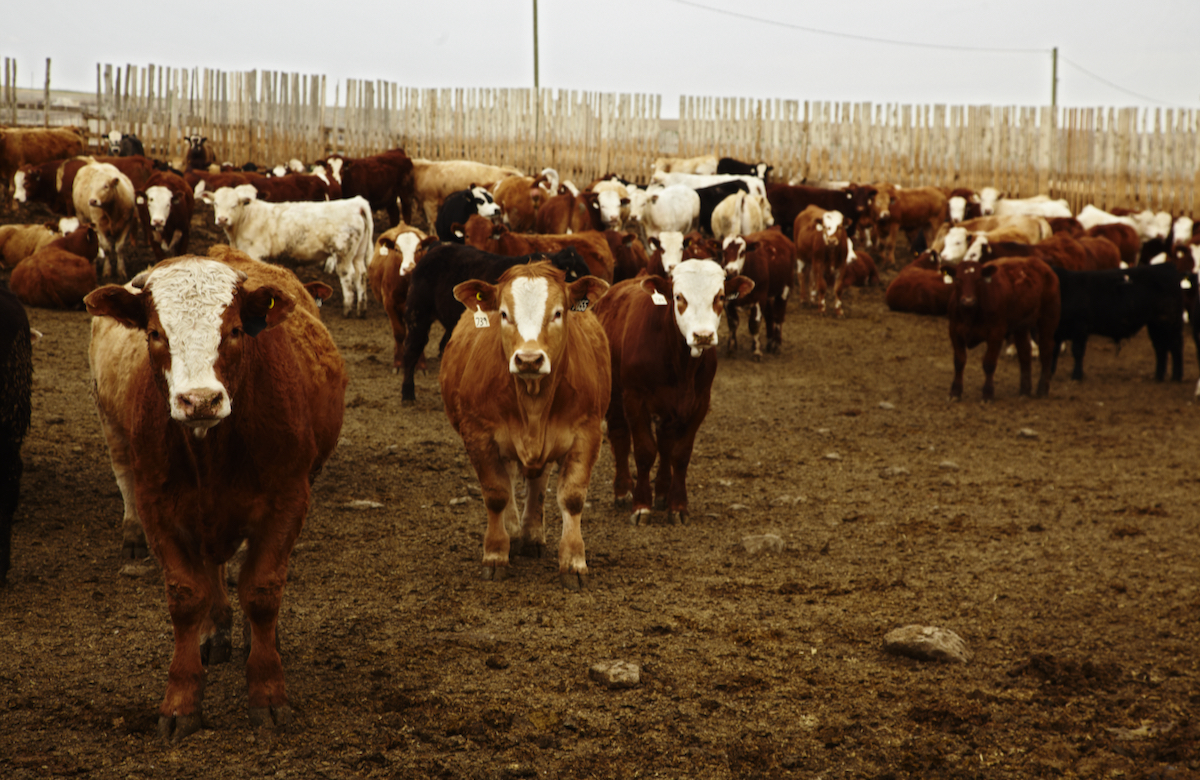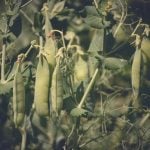A farmer-owned beef packer in Winnipeg has conditional approval for a $10 million federal loan and $7.5 million levy-backed investment toward upgrading its plant to federal inspection standards.
Federally-inspected slaughter capacity, long lacking within Manitoba, would allow Keystone Processors to ship their product to the U.S. and overseas. Through its planned improvements, the company also aims to meet the European Union’s import certification standards.
The proposed $10 million federal loan, announced Monday morning at the company’s St. Boniface processing plant, is considered a “key initiative” of the government’s $50 million Slaughter Improvement Program. The program recently announced a similar size of conditional loan for central Quebec’s Levinoff-Colbex beef plant.
Read Also

U.S. livestock: Cattle at fresh highs, hogs weaken
Cattle futures on the Chicago Mercantile Exchange climbed to fresh highs on Tuesday, as tight supplies and the ongoing closure…
The $7.5 million investment will come from the Manitoba Cattle Enhancement Council (MCEC), which the provincial government formed in 2006 to administer an investment pool funded by a compulsory but refundable levy of $2 per head on all cattle produced and sold in Manitoba.
Federal and MCEC funding are both subject to Keystone Processors meeting “specific conditions” related to the company’s project proposal and the signing of a funding agreement.
Keystone, organized by cattle producers in 2003, bought a former Maple Leaf Foods hog processing plant last year and converted it to what’s now a provincially licensed beef processing facility.
MCEC had already pledged $2.8 million to Keystone to buy the Maple Leaf plant and start the first phase of renovations.
“This is great news for our producers, our cattle industry and our province. It means we will finally have a federally certified beef plant in the province that can access all major domestic and international markets,” MCEC executive director Kate Butler said in a council release.
Keystone, she said, “has a solid business plan to market premium, branded Manitoba beef to niche markets around the world.”
“Risky, inefficient”
Manitoba’s beef industry has been “stunted for years without access to federally-inspected beef facilities here at home,” she said. “Rising transportation and feed costs as well as trade irritants have made it clear that shipping live animals across the continent is risky, inefficient and bad for the environment.”
Federally-inspected slaughter capacity became a priority issue for the province after the U.S. border closed to Canadian beef in 2003. With slaughter plants in Alberta and Ontario difficult to access, “cattle numbers soared, prices plummeted and Manitoba cattle producers fared worse than most.”
Recently, MCEC said, the industry has been impacted by the effect of mandatory U.S. country-of-origin labelling (COOL), “reinforcing the need for local slaughter capacity.”
“We have recognized the importance of increasing slaughter capacity in Manitoba and through our government’s establishment of the MCEC we are creating working partnerships with the council, industry and governments that are key to building our processing capacity,” provincial Agriculture Minister Rosann Wowchuk said in a separate federal/provincial release Monday.
“Investing in a stronger meat packing and processing sector in Canada benefits the entire value chain,” Manitoba MP and federal Treasury Board Minister Vic Toews said at the same announcement. “If packers are profitable and competitive, our farmers will benefit through stronger markets, and our economy will benefit through new jobs.”
“On behalf of MCEC I would like to thank the cattle producers of this province for their support,” Butler said. “Times are very tight and every $2 we retain in the MCEC fund helps us to build a stronger industry here at home.”
“As a cattle producer I welcome this news,” said Ian Wishart, president of Manitoba’s general farm organization, Keystone Agricultural Producers (no direct relation).
“These developments along with tracking and tracing should give Manitoba producers an opportunity to position beef products in some high-value export markets and improve their bottom lines,” he said.
KAP noted that Keystone Processors is expected to produce products such as kosher and halal beef — meat slaughtered and prepared in accordance with Jewish and Islamic law, respectively — which should provide producers with a wide range of export markets to target.
















